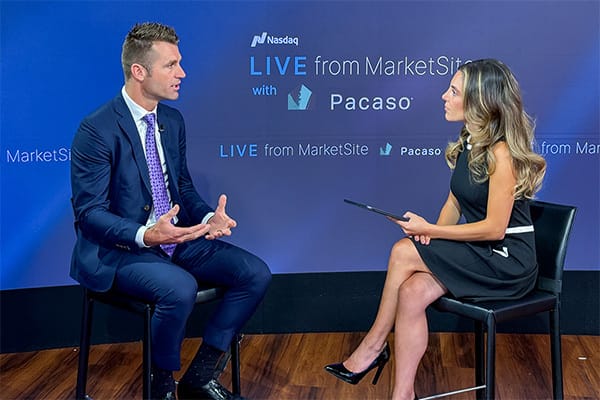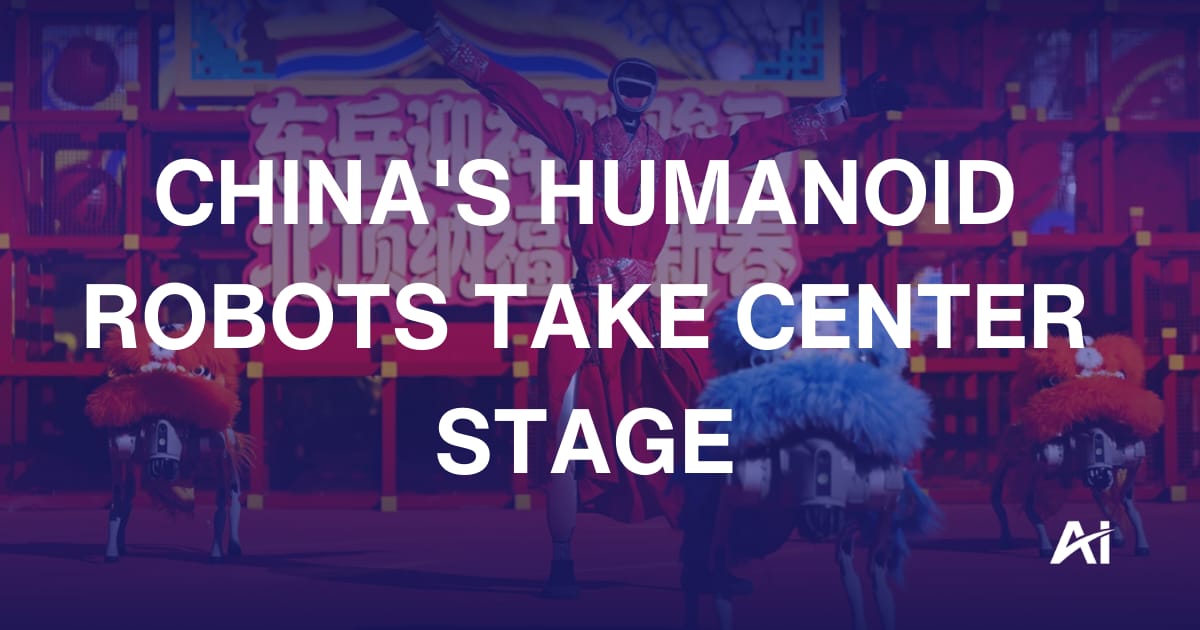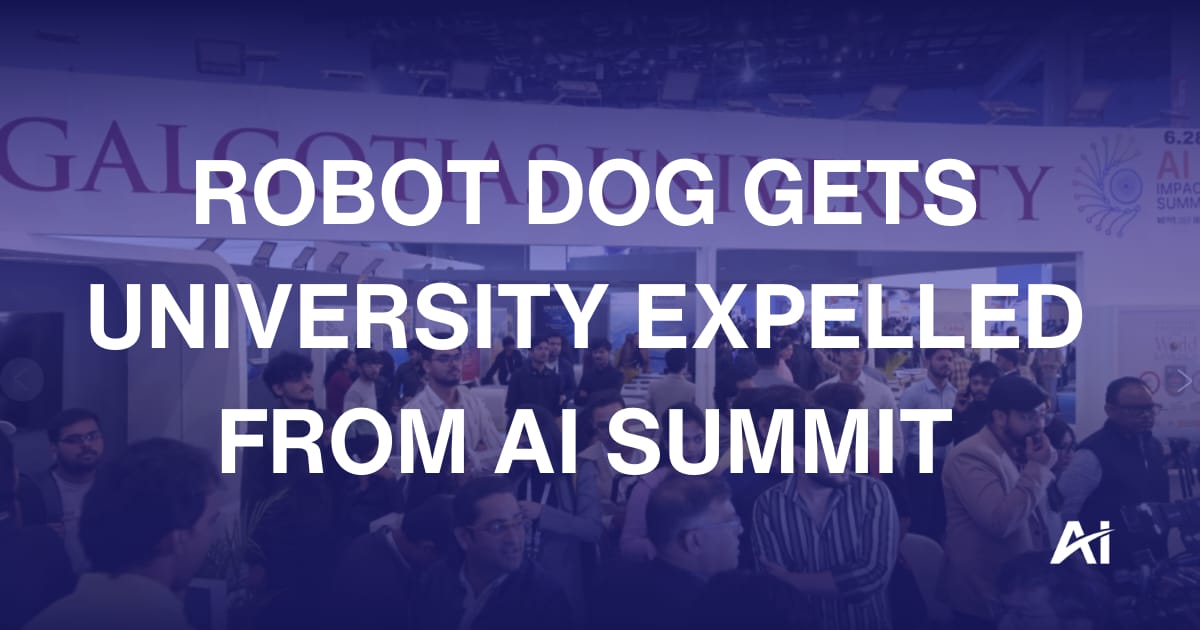
Subscribe to our free Newsletter
💌 Stay ahead with AI and receive:
✅ Access our Free Community and join 400K+ professionals learning AI
✅ 35% Discount for ChatNode
Welcome to The AI Report!
.png)

WORK WITH US • COMMUNITY • PODCASTS

Wednesday’s AI Report
• 1. 💳 Google promises safe AI agent payments?
• 2. 🏘️ Revamp the real estate industry with Pacaso
• 3. 🌍 How a Fortune 500 firm saw a 34% rise in productivity thanks to AI
• 4. 💼 Build a 6-figure AI consultancy with Innovating with AI
• 5. 💡 Partner Perspectives
• 6. ⚙️ Trending AI tools
• 7. 👀 Microsoft favors Anthropic over OpenAI
• 8. 🚸 OpenAI prioritizes safety for teens
• 9. 📑 Recommended resources
Read Time: 5 minutes
❓Wednesday’s Partner Perspective: Are investors overlooking NVIDIA’s supply chain as a way to ride the AI boom? Scroll to see what The AI Report’s Director of Partnerships, Kyle Mair, thinks ⬇️
✅ Refer your friends and unlock rewards. Scroll to the bottom to find out more!


Google promises safe AI agent payments?
🚨 Our Report
Google has launched the Agent Payments Protocol (AP2), which is an “open protocol to securely initiate and transact agent-led payments across platforms." It’s designed to address concerns around the authorisation, authenticity, and accountability of purchases made by AI agents, on behalf of humans, by providing a traceable “paper trail” for every agentic transaction.
🔓 Key Points
AP2 uses two mandates/signed digital contracts to verify that 1) a user has authorized an agent to search for products and negotiate with sellers (an “intent mandate”), and 2) to purchase on a user's behalf (a “cart mandate”).
When a human isn’t present, the user will sign a detailed intent mandate, containing specific purchasing rules, like price limits, which pre-authorizes the agent to create a cart mandate, once each rule has been met.
If a user asks an agent to book a trip, giving it dates, a location, and a budget, the agent will interact with airlines and hotels, find the right deal, and “execute cryptographically-signed bookings.”
🔐 Relevance
The success of AP2 largely depends on the support from others in the ecosystem, but given that it’s already secured backing from over 60 major merchants and payment providers, including Mastercard, American Express, Accenture, and Adobe, it’s apparently already made a substantial and immediate footprint.
Final Shot to Join Proven Investors on This “Unlisted” Stock
When the former Zillow exec, who sold his first company for $120M, starts a new venture, people notice.
10,000+ regular investors have already joined the early investors behind Uber, eBay, and Venmo as early-stage Pacaso investors.
Disrupting the real estate industry once again, Pacaso’s streamlined platform offers co-ownership of premier properties, revamping the $1.3t holiday home market.
And it works. By handing keys to 2,000+ happy homeowners, Pacaso has already made $110m+ in less than 5 years. They even recently reserved the Nasdaq ticker PCSO.
And you can become a Pacaso shareholder right now. But you only have until tomorrow night to take advantage. Invest in Pacaso before this offer ends for good.
Read the offering circular at invest.pacaso.com
NVIDIA’s Supply Chain - Part 2
By Kyle Mair · Director of Partnership at The AI Report
The AI Report Partner Perspectives Column

How a Fortune 500 firm saw a 34% rise in productivity thanks to AI
A large Fortune 500 software firm was struggling to keep a high volume of customer service calls quick and accurate, while keeping costs down.
An inexperienced team was trying to resolve multiple complex issues, while needing training and supervision, which was time-consuming and costly.
They deployed a GPT-powered AI assistant that monitored chats and gave real-time response suggestions, letting humans stay in control
As a result, the customer service team started resolving 14% more chats p/h which gave them a 34% increase in productivity.
💼 Want to build a 6-figure AI Consulting career?
The AI consulting market is about to grow by a factor of 8X – from $6.9B to $54.7B in 2032.
But how do you turn your AI enthusiasm into marketable skills, clear services and a serious business?
Our friends at Innovating with AI have trained 1,000+ AI consultants – and their exclusive consulting directory has driven Fortune 500 leads to graduates.
Enrollment in The AI Consultancy Project is opening soon – and you’ll only hear about it if you apply.


Microsoft has added an automatic AI model selector to its Visual Studio Code editor, which chooses the optimal model for coding tasks, and it appears that users will automatically get Anthropic’s Claude Sonnet 4.
This is an open admission from Microsoft that it feels Anthropic’s AI models are better than OpenAI’s for coding, and comes after it signed a deal to allow OpenAI to use other cloud providers, to help them go public.
A leaked internal email has also revealed that, over the last few months, Microsoft has been telling its own developers that “based on internal benchmarks, Claude Sonnet 4 is the recommended model to use.”

OpenAI has announced a new policy designed to “prioritize safety ahead of privacy and freedom for teens,” as it faces a wrongful death lawsuit from the parents of a minor who died by suicide, after consulting ChatGPT.
Under the new policy, extra guardrails will be added, where if conversations around suicide are initiated by a minor, ChatGPT will contact their parents or, in extreme cases, the local police.
Identifying underage users will be a challenge, but OpenAI has committed to “building toward” a system that can recognize whether a user is over 18, but in the meantime, ChatGPT will “default toward more restrictive rules.”

MORE NEWS
PODCASTS
Building the future of AI infrastructure
This podcast delivers insights into the evolution of AI products, the significance of fine-tuning AI models, and the misconceptions within the AI industry.

We read your emails, comments, and poll replies daily.
Until next time, Martin, Liam, and Amanda.
P.S. Unsubscribe if you don’t want us in your inbox anymore.










